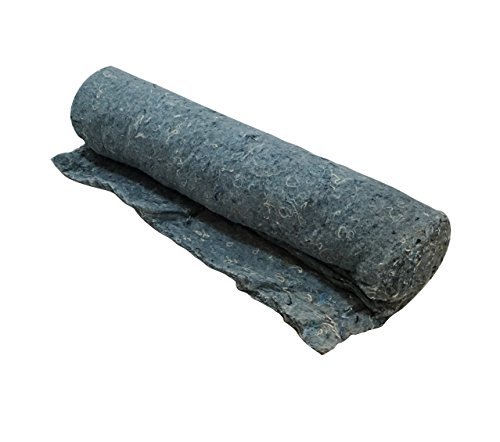Home insulation materials play a vital role in improving energy efficiency. Choosing the right materials can save you money and enhance comfort.
Also Read
Insulating your home is essential for maintaining a comfortable indoor climate. It helps in reducing energy bills and keeping your home cozy. There are several insulation materials available, each with its benefits and drawbacks. From fiberglass and cellulose to spray foam and rigid foam, understanding the differences can help you make an informed choice.
This blog post will guide you through the various options, helping you select the best insulation material for your needs. Whether you’re building a new home or upgrading an existing one, the right insulation can make a significant difference. Stay tuned to learn more about home insulation materials.
Buying Guide On Home Insulation Materials
home insulation materials buying guide
1. Understand the types
choosing the right insulation is crucial. Here are the main types:
fiberglass insulation
common and affordable. Easy to install. Good for walls and attics.
foam board insulation
rigid panels. Great for floors and roofs. High insulating value.
spray foam insulation
expands to fill gaps. Perfect for tight spaces. Costly but effective.
cellulose insulation
made from recycled paper. Eco-friendly. Good for walls and attics.
2. Benefits of insulation
insulation offers many benefits. Here are some key ones:
energy savings
reduces heating and cooling costs. Keeps home temperature stable.
comfort
makes your home cozy. Reduces drafts and cold spots.
noise reduction
insulates against sound. Creates a quieter home environment.
environmental impact
lower energy use. Decreases carbon footprint. Sustainable options available.
3. Factors to consider
think about these factors before buying insulation:
r-value
indicates insulation’s effectiveness. Higher r-value means better insulation.
installation area
different areas need different types. Choose based on the installation area.
budget
costs vary. Balance between price and performance.
environmental impact
consider eco-friendly options. Helps in reducing environmental damage.
diy vs professional
decide if you can install yourself. Some materials require professional help.
conclusion
choosing the right insulation material is essential for your home. Consider types, benefits, and factors to make an informed decision. Enjoy a comfortable and energy-efficient home!
Conclusion
Choosing the right insulation material for your home is essential. It helps keep your home warm in winter and cool in summer. Good insulation can lower energy bills. It also makes your home more comfortable. There are many types of insulation materials.
Each type has its own benefits. Fiberglass, foam, and cellulose are popular choices. Consider cost, effectiveness, and ease of installation. Think about the environment and health impacts too. Some materials are better for the planet. Others are more affordable or easier to install.
Take your time to research and pick the best fit for your needs. Proper insulation is an investment. It pays off in comfort and savings.























